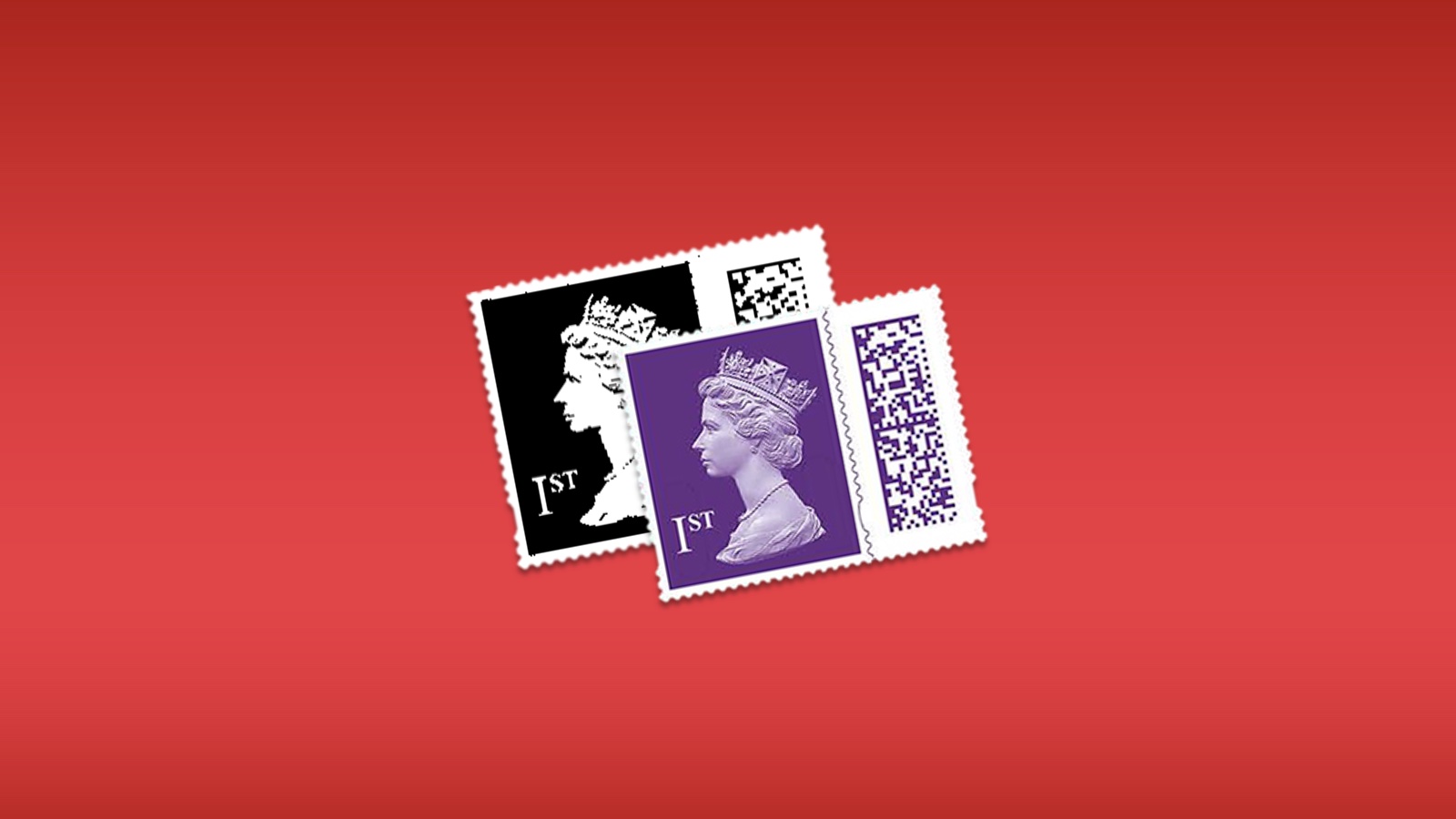
April 13, 2024 at 05:35AM
Royal Mail switched to barcoded stamps for added security and efficiency, offering an exchange program until July 2023. However, multiple senders faced fines for “counterfeit stamps” despite purchasing them from legitimate sources. Investigations revealed Chinese suppliers offering forged stamps, leading to a diplomatic dispute and blame game. The transition to barcoded stamps also raised privacy concerns about potential tracking and loss of anonymity in mail.
The meeting notes highlight several key issues pertaining to the transition of Royal Mail’s stamps to barcoded ones and the subsequent problems that have arisen. The concerns include the failure of the barcodes to prevent stamp reuse and forgeries, the imposition of penalties on customers for using “counterfeit stamps,” and the discovery of large-scale stamp forgeries originating from China.
Furthermore, the blame game has begun, with Royal Mail blaming the UK Border Force for failing to stop the counterfeit products from entering the UK. Additionally, there are allegations that fake stamps have been purchased at Post Office branches, raising concerns about the source of these counterfeit stamps.
The notes also discuss the potential privacy implications of the barcoded stamps, including the ability to attach videos using a smartphone and the unique identifier stored in the data matrix barcode. The lack of response from privacy groups and the concerns about the anonymity of snail mail are also noted.
Overall, the meeting notes paint a picture of a complex situation involving issues of security, counterfeiting, potential privacy implications, and the impact on both Royal Mail and the Post Office. It’s clear that further investigation and action are necessary to address these concerns and ensure the integrity of the postal service.